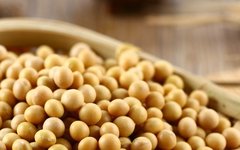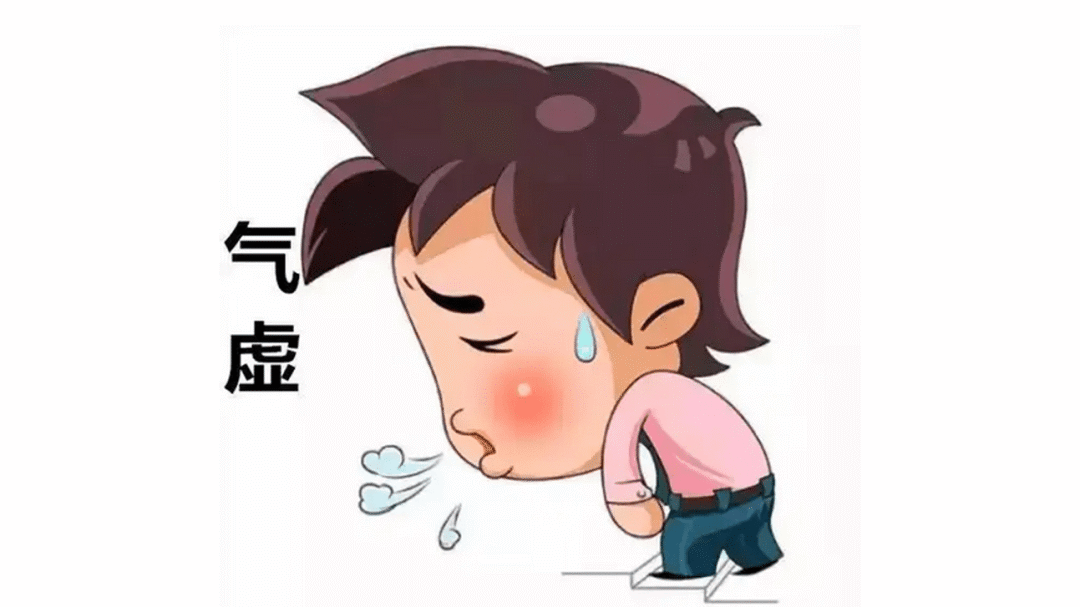
 Case Study Ms. Zhang, 50 years old, often feels a sensation of tightness in her chest, difficulty in breathing, and experiences fatigue easily during conversations or light activities, making her prone to catching colds.
Case Study Ms. Zhang, 50 years old, often feels a sensation of tightness in her chest, difficulty in breathing, and experiences fatigue easily during conversations or light activities, making her prone to catching colds.
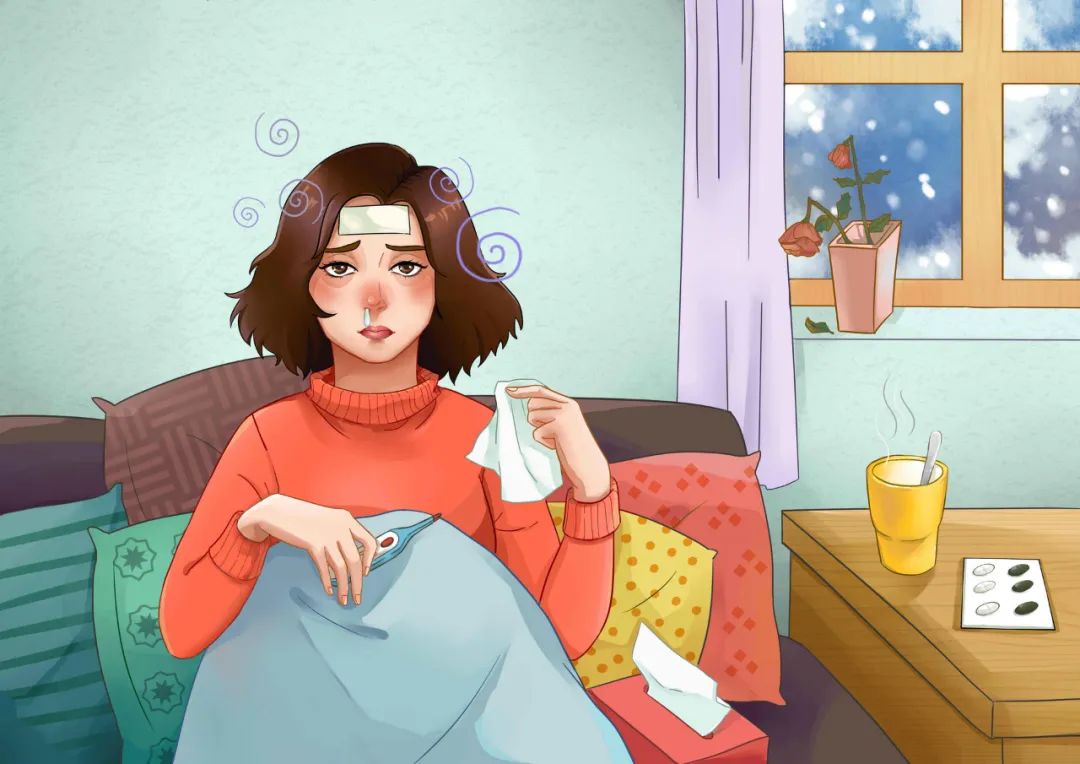
Upon inquiry, it was discovered that these symptoms began after hiring a nanny from another region. Ms. Zhang was suspicious of the nanny, often feeling that she was inefficient, did not cook to her taste, and mismanaged grocery shopping, even reprimanding her several times.After dialectical analysis, it was determined that she has a “Qi Deficiency” constitution.
Simple Identification Rhyme for Qi Deficiency Constitution
 Prone to colds and fatigue,Shortness of breath, palpitations, and dizziness.Prefers quiet, speaks little, feels weak,Perspires easily with minimal activity.
Prone to colds and fatigue,Shortness of breath, palpitations, and dizziness.Prefers quiet, speaks little, feels weak,Perspires easily with minimal activity. 01Common Symptoms
01Common Symptoms
Usually experiences shortness of breath, speaks little, easily fatigued, lacks energy, has a pale red tongue, a swollen tongue body with tooth marks on the edges, and a weak, slow pulse.
02Characteristics
Insufficient Qi and blood, cannot tolerate raw or cold foods.
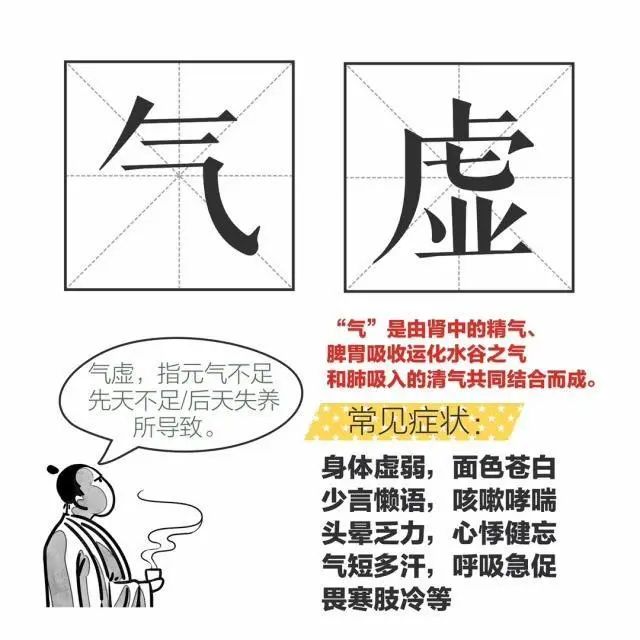
Introverted personality, avoids risks.
03Adaptability Cannot tolerate wind, cold, heat, or dampness.04Tendency to Tumors
Cannot tolerate wind, cold, heat, or dampness.04Tendency to Tumors Commonly seen in individuals who are overworked, prone to lung cancer, gastrointestinal tumors, gynecological tumors, lymphomas, etc.05Dietary Nourishment
Commonly seen in individuals who are overworked, prone to lung cancer, gastrointestinal tumors, gynecological tumors, lymphomas, etc.05Dietary Nourishment
Consume more foods that have Qi-invigorating and Spleen-strengthening properties, such as soybeans, white lentils, chicken, loach, shiitake mushrooms, jujubes, longan, and honey.
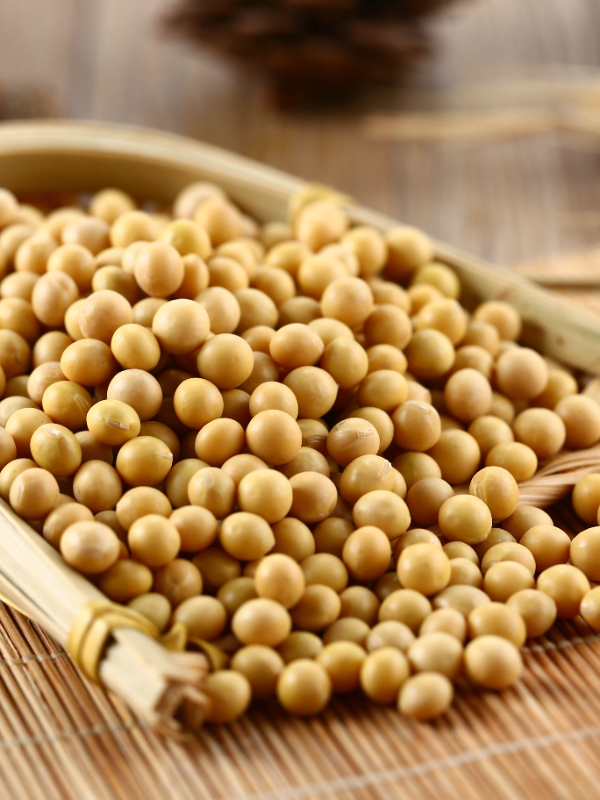 Soybeans
Soybeans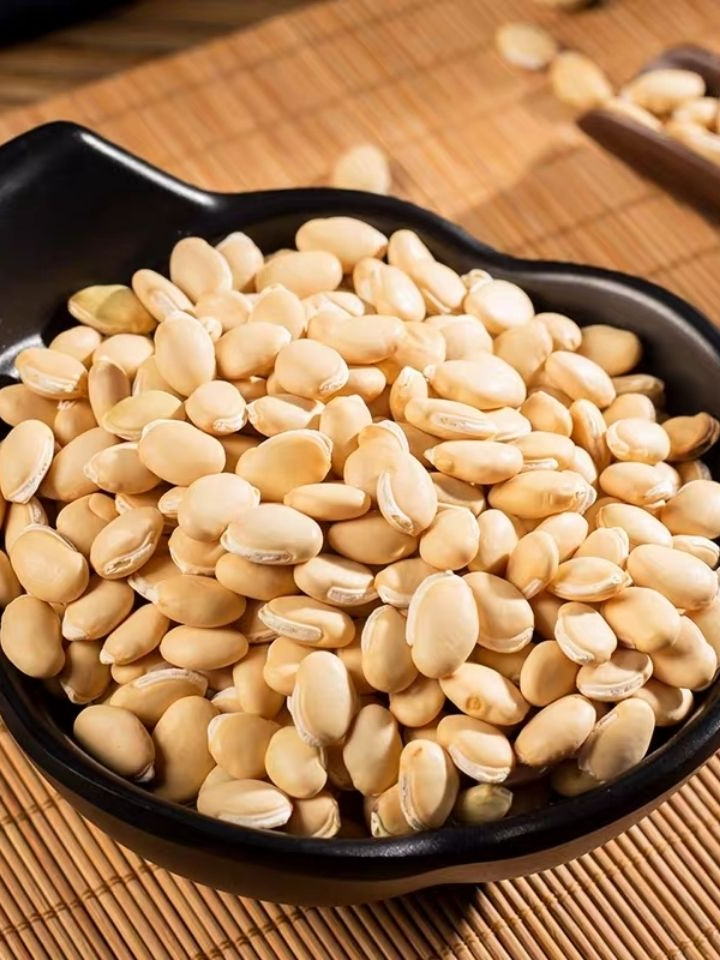 White Lentils
White Lentils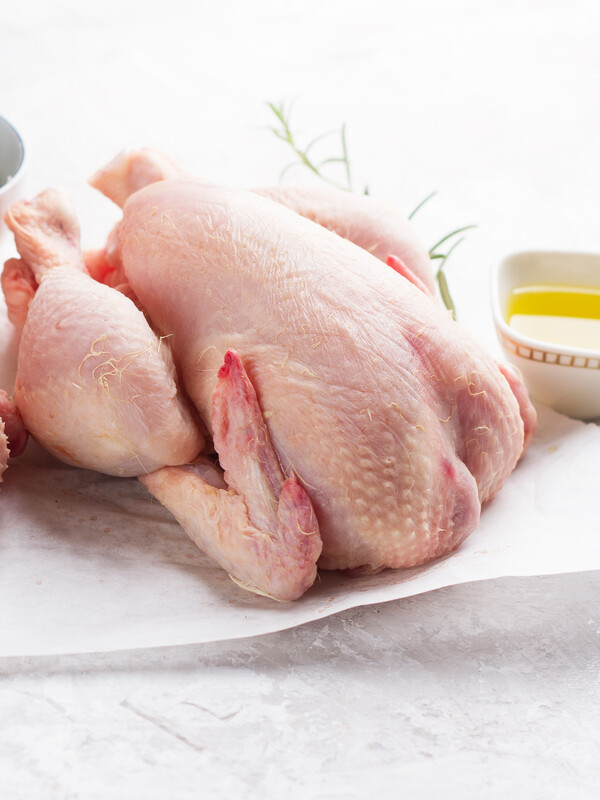 Chicken
Chicken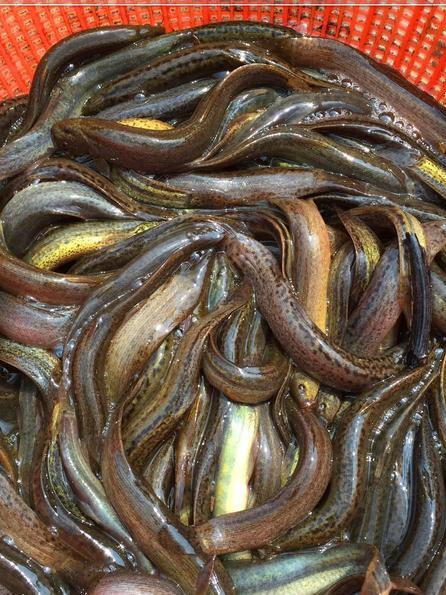 Loach
Loach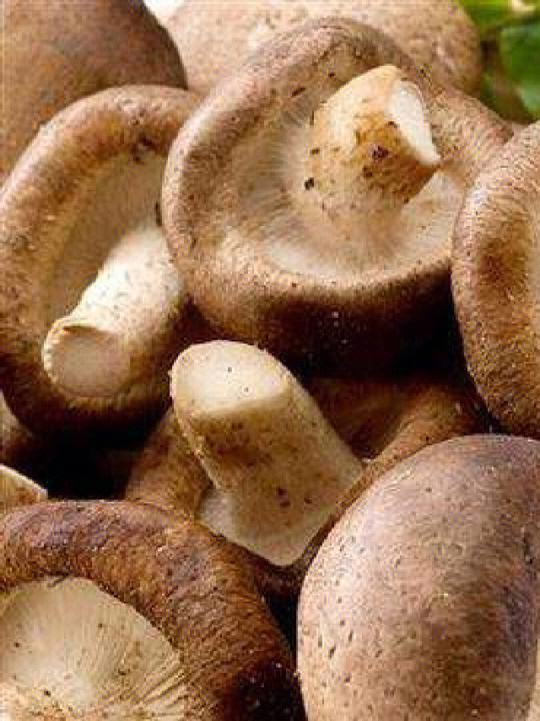 Shiitake Mushrooms
Shiitake Mushrooms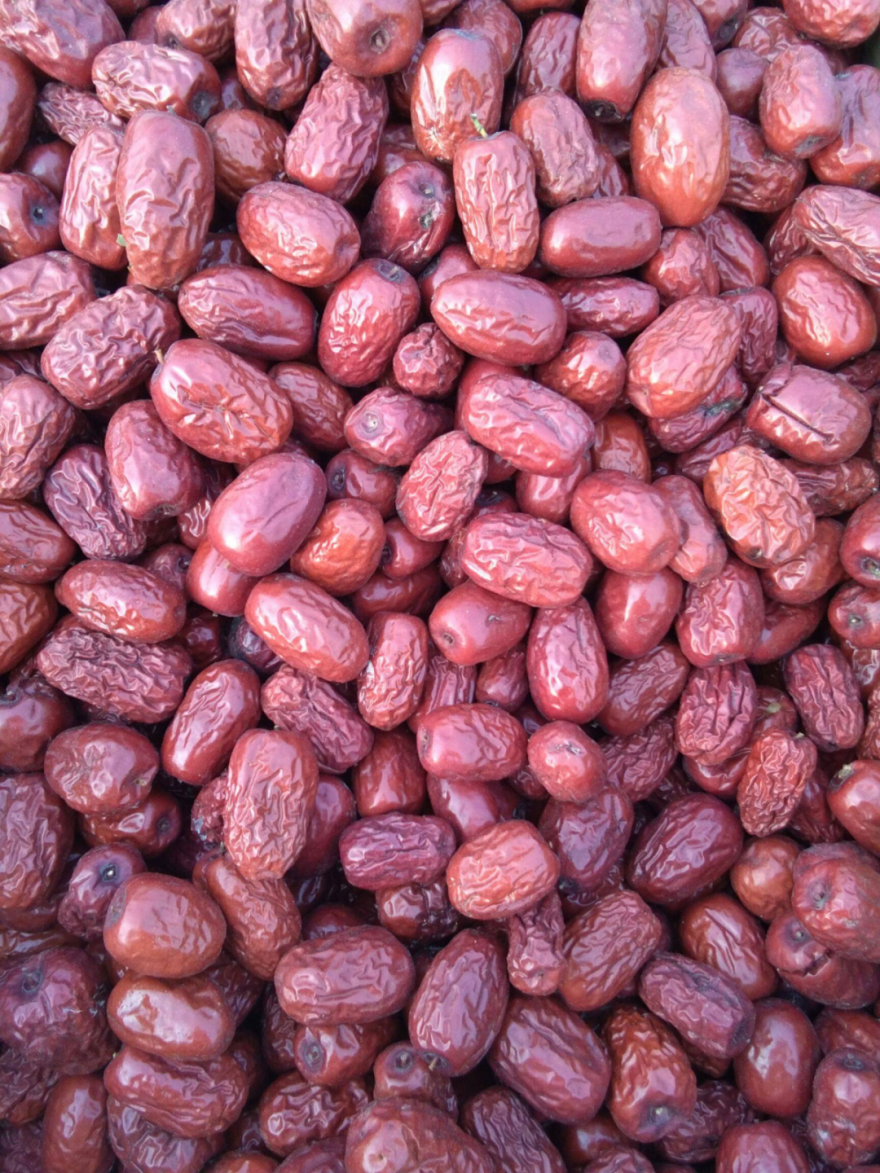 Jujubes
Jujubes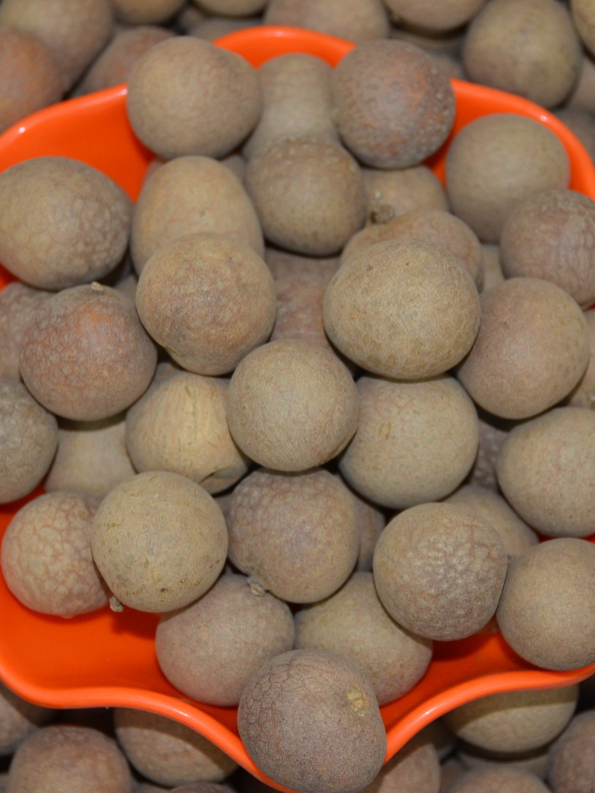 Longan
Longan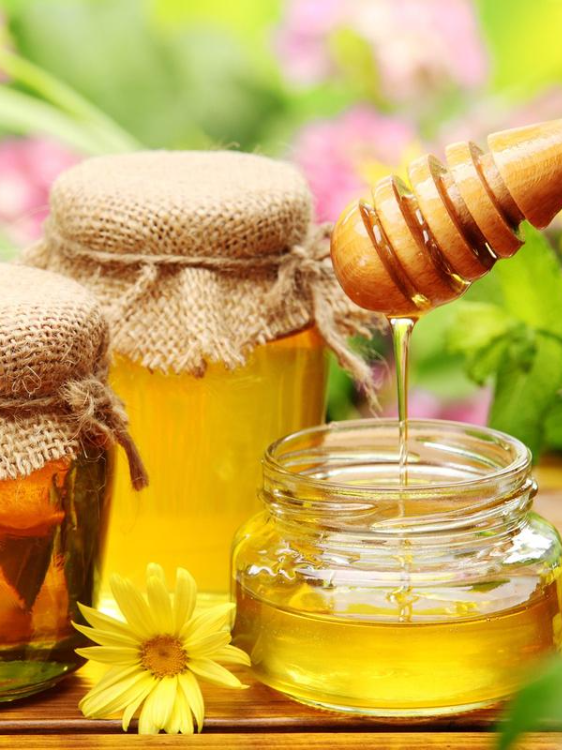 Honey06Dietary Recipe: American Ginseng and Huai Yam Duck Soup
Honey06Dietary Recipe: American Ginseng and Huai Yam Duck Soup
Ingredients: 15g American ginseng, 30g Huai yam, 1 water duck (serves 2).
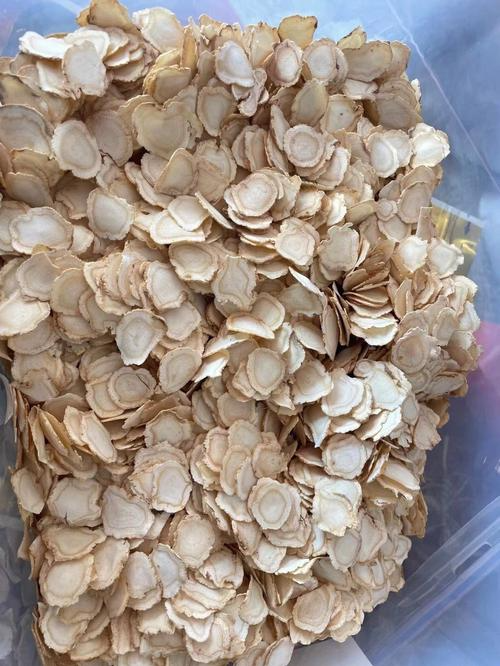 American Ginseng
American Ginseng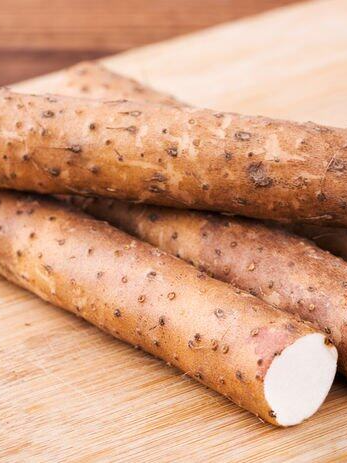 Huai Yam
Huai Yam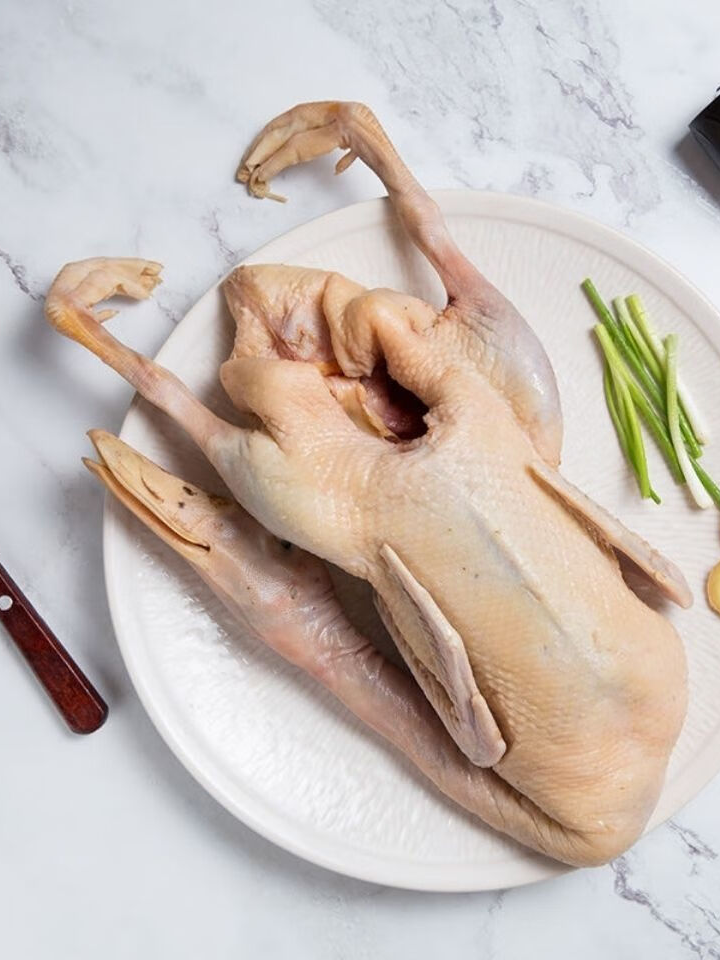 Water DuckInstructions: First, cut the water duck meat into pieces and blanch it. Clean the ingredients and place them in a clay pot, adding an appropriate amount of water. Simmer on medium to low heat. Season with salt to taste once the soup is ready.Effects: Strengthens the Spleen, invigorates Qi, and nourishes Yin. American ginseng is cool in nature, sweet and slightly bitter in taste, enters the Heart, Lung, and Kidney meridians, can tonify Qi, nourish Yin, clear heat, and generate fluids. Huai yam is neutral in nature, sweet in taste, enters the Spleen, Lung, and Kidney meridians, can tonify the Spleen, nourish the Stomach, generate fluids, and benefit the Lung, and tonify the Kidney and astringe essence. Water duck is excellent for nourishing Yin. The combination of these three ingredients in soup achieves the effect of strengthening the Spleen, invigorating Qi, and nourishing Yin.07Health Points: Guanyuan Point, Qihai Point
Water DuckInstructions: First, cut the water duck meat into pieces and blanch it. Clean the ingredients and place them in a clay pot, adding an appropriate amount of water. Simmer on medium to low heat. Season with salt to taste once the soup is ready.Effects: Strengthens the Spleen, invigorates Qi, and nourishes Yin. American ginseng is cool in nature, sweet and slightly bitter in taste, enters the Heart, Lung, and Kidney meridians, can tonify Qi, nourish Yin, clear heat, and generate fluids. Huai yam is neutral in nature, sweet in taste, enters the Spleen, Lung, and Kidney meridians, can tonify the Spleen, nourish the Stomach, generate fluids, and benefit the Lung, and tonify the Kidney and astringe essence. Water duck is excellent for nourishing Yin. The combination of these three ingredients in soup achieves the effect of strengthening the Spleen, invigorating Qi, and nourishing Yin.07Health Points: Guanyuan Point, Qihai Point
Guanyuan Point

Location:
Guanyuan Point is located on the Ren meridian, three inches below the navel on the midline of the abdomen.
Massage Technique:
Ancient texts describe Guanyuan as the place where men store essence and women store blood, highlighting its importance. Daily, use the palm of either hand to massage in a circular motion for 3-5 minutes. Then, overlap the index fingers and press the point 20 times until a sensation of soreness is felt.
Effects:
Regular massage can help tonify Yuan Qi, strengthen the body, and dispel cold while returning Yang.
Qihai Point
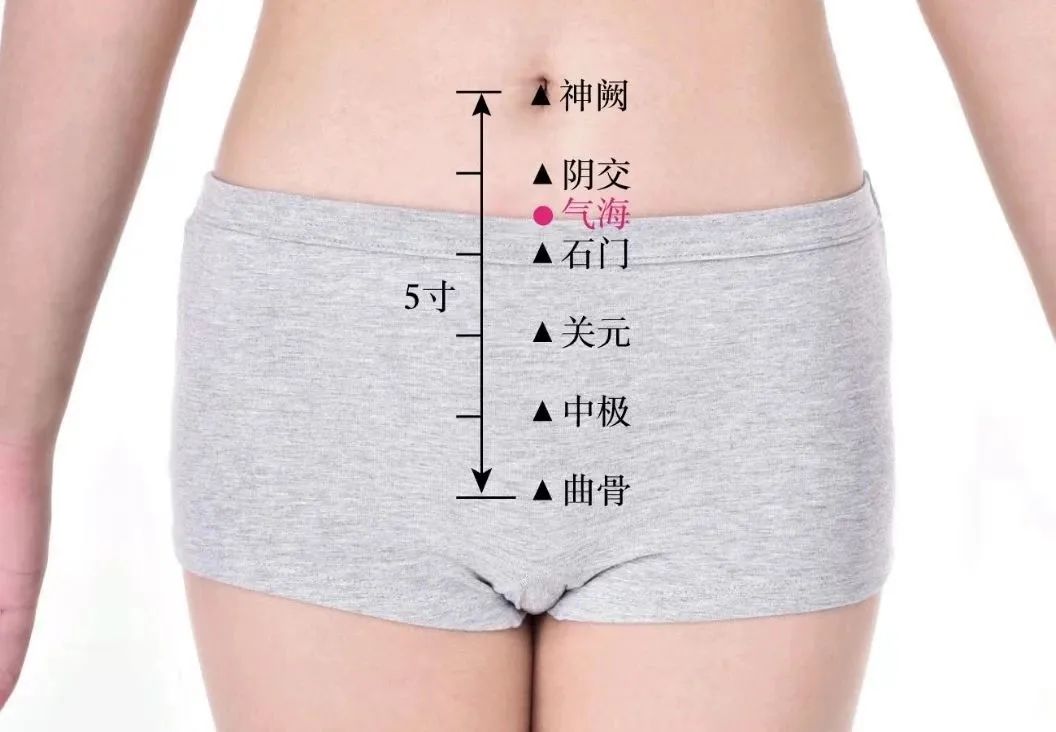
Location:Qihai Point belongs to the Ren meridian and is also the source point of the Huan meridian. It is located in the lower abdomen, 1.5 inches below the navel on the midline.In the lower abdomen, on the midline, it is located at the midpoint between the navel and Guanyuan Point (which is located four finger widths below the navel).Massage Technique:Using Qihai Point as the center, massage in a circular motion for 3-5 minutes. Then, overlap the index fingers and press the point 20 times until a sensation of soreness is felt.Effects:According to the “Acupuncture and Moxibustion for Life”, “Qihai is the sea of Yuan Qi. Humans rely on Yuan Qi as the foundation; if Yuan Qi is not harmed, even illness will not harm; if Yuan Qi is harmed, one may die without illness. It is advisable to frequently moxibust this point to strengthen Yuan Yang.”08Exercise Nourishment Engage in gentle exercises, focusing on walking, Tai Chi, and Ba Duan Jin, avoiding high-intensity workouts that exhaust energy and cause excessive sweating.
Engage in gentle exercises, focusing on walking, Tai Chi, and Ba Duan Jin, avoiding high-intensity workouts that exhaust energy and cause excessive sweating.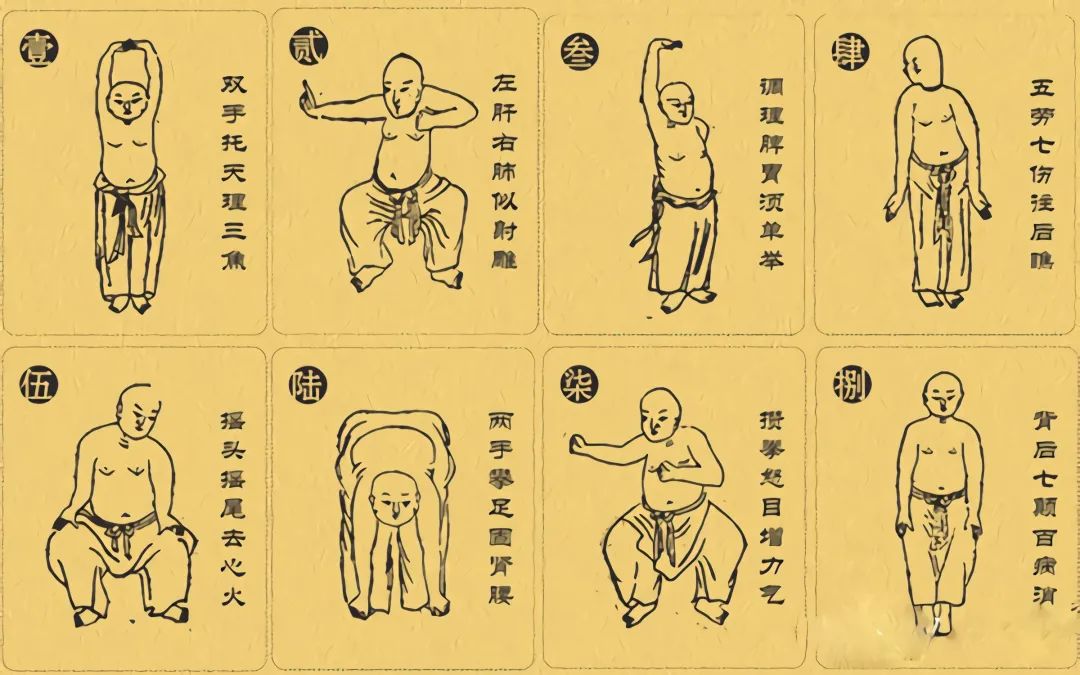 ▲Ba Duan Jin09Doctor’s Advice
▲Ba Duan Jin09Doctor’s Advice To overcome “Qi Deficiency”, avoid overexertion, and also avoid excessive physical, mental, and sexual labor.If you identify with the aforementioned susceptible constitution, do not be overly anxious. Being susceptible does not mean one will definitely develop cancer; only those with long-term “insufficient Zheng Qi” are at risk of cancer.To enhance “Zheng Qi”, maintain a balanced diet, combine work and rest, establish a regular routine, engage in regular exercise, and relax both body and mind..If unfortunately diagnosed with a tumor, under the guidance of a professional TCM practitioner, develop different treatment plans based on the patient’s constitution, cancer type, and clinical manifestations. Targeted dialectical treatment can improve constitution, alleviate symptoms, reduce side effects of radiotherapy and chemotherapy, and prevent tumor recurrence and metastasis.
To overcome “Qi Deficiency”, avoid overexertion, and also avoid excessive physical, mental, and sexual labor.If you identify with the aforementioned susceptible constitution, do not be overly anxious. Being susceptible does not mean one will definitely develop cancer; only those with long-term “insufficient Zheng Qi” are at risk of cancer.To enhance “Zheng Qi”, maintain a balanced diet, combine work and rest, establish a regular routine, engage in regular exercise, and relax both body and mind..If unfortunately diagnosed with a tumor, under the guidance of a professional TCM practitioner, develop different treatment plans based on the patient’s constitution, cancer type, and clinical manifestations. Targeted dialectical treatment can improve constitution, alleviate symptoms, reduce side effects of radiotherapy and chemotherapy, and prevent tumor recurrence and metastasis.
Guiding Expert for this Article
 Lin Lizhu, Director of the Lingnan Cancer Research Institute at the First Affiliated Hospital of Guangzhou University of Chinese Medicine, Associate Professor at Guangzhou University of Chinese Medicine, Chief Physician, Doctoral Supervisor, Postdoctoral Co-supervisor, Representative of the 19th National Congress of the Communist Party, National Advanced Worker, Expert with Special Government Allowance, Renowned TCM Physician in Guangdong Province, and Famous TCM Oncologist. Specializes in TCM and integrative treatment of advanced malignant tumors, with a long-term commitment to basic and clinical research on lung cancer, liver cancer, colorectal cancer, and other malignant tumors.Professor Lin Lizhu’s Consultation ScheduleTime: Monday afternoon 14:30-17:30; Wednesday morning 08:00-12:00Address: Room 2, 4th Floor, South Outpatient Building, First Affiliated Hospital of Guangzhou University of Chinese MedicineConsultation: For consultation information, you can also contact Lin Lizhu’s model worker studio via WeChat or phone: 15917498920 (same number for WeChat)Email: [email protected]
Lin Lizhu, Director of the Lingnan Cancer Research Institute at the First Affiliated Hospital of Guangzhou University of Chinese Medicine, Associate Professor at Guangzhou University of Chinese Medicine, Chief Physician, Doctoral Supervisor, Postdoctoral Co-supervisor, Representative of the 19th National Congress of the Communist Party, National Advanced Worker, Expert with Special Government Allowance, Renowned TCM Physician in Guangdong Province, and Famous TCM Oncologist. Specializes in TCM and integrative treatment of advanced malignant tumors, with a long-term commitment to basic and clinical research on lung cancer, liver cancer, colorectal cancer, and other malignant tumors.Professor Lin Lizhu’s Consultation ScheduleTime: Monday afternoon 14:30-17:30; Wednesday morning 08:00-12:00Address: Room 2, 4th Floor, South Outpatient Building, First Affiliated Hospital of Guangzhou University of Chinese MedicineConsultation: For consultation information, you can also contact Lin Lizhu’s model worker studio via WeChat or phone: 15917498920 (same number for WeChat)Email: [email protected]
Author Biography
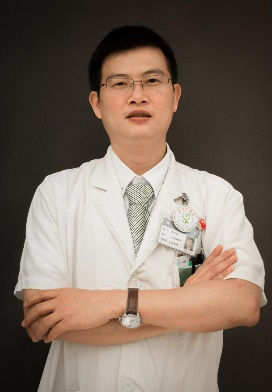 Chen Zhuangzhong, Attending Physician at the Cancer Center of the First Affiliated Hospital of Guangzhou University of Chinese Medicine, student of Professor Lin Lizhu, Member of the 7th Committee of the Medical Popularization Branch of the Guangdong Medical Association, specializes in the integrative treatment and prevention of common tumors such as lung cancer, liver cancer, colorectal cancer, and nasopharyngeal cancer, and emphasizes the care of cancer patients and their families.Doctor Chen Zhuangzhong’s Consultation Schedule
Chen Zhuangzhong, Attending Physician at the Cancer Center of the First Affiliated Hospital of Guangzhou University of Chinese Medicine, student of Professor Lin Lizhu, Member of the 7th Committee of the Medical Popularization Branch of the Guangdong Medical Association, specializes in the integrative treatment and prevention of common tumors such as lung cancer, liver cancer, colorectal cancer, and nasopharyngeal cancer, and emphasizes the care of cancer patients and their families.Doctor Chen Zhuangzhong’s Consultation Schedule
Consultation Time: Friday afternoon 14:30-17:30
Saturday morning08:00-12:00Consultation Location: Room 1, 4th Floor, Oncology Department, First Affiliated Hospital of Guangzhou University of Chinese Medicine
Author|Chen Zhuangzhong
Reviewed by|Chen Hanrui, Xiao Zhiwei
Proofread by|Yu Ling, Chen Zhuangzhong
Editor|Li Xuewei
Approved by|Lin Lizhu
Recommended Reading:
Eight family members with cancer? Be cautious! These eight cancers have a “familial tendency”
If you think blood in the stool is just hemorrhoids, it could be dangerous
Are you at high risk for colorectal cancer?
This public account aims to provide the public with popular science knowledge on TCM for cancer prevention and treatment. The series of articles and the photos of Professor Lin Lizhu and team members are provided by the author, and the intellectual property belongs to the author. Commercial use is prohibited without permission. Article images are sourced from various online platforms, and any infringement will be removed.

